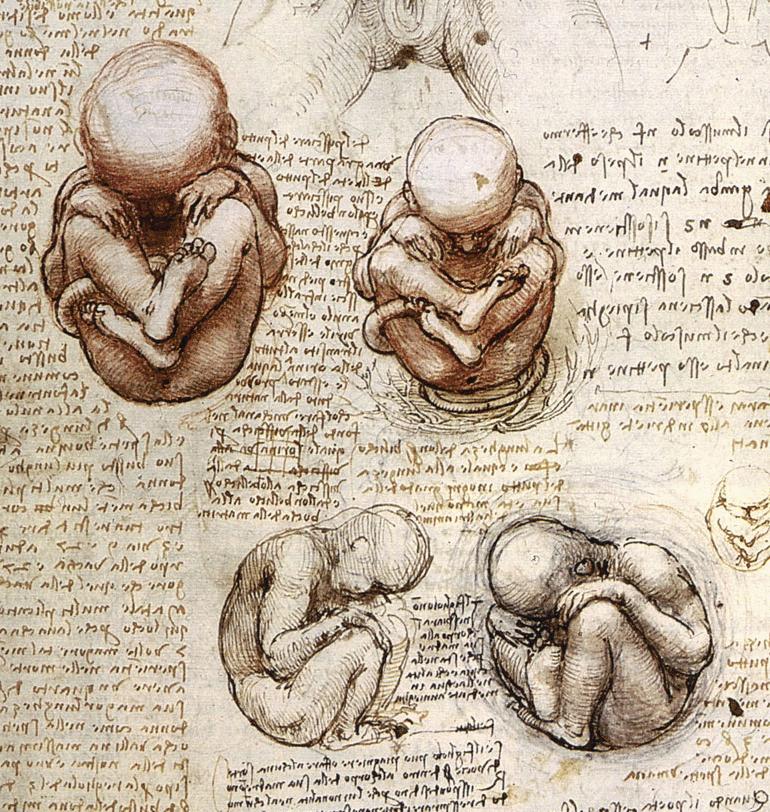Self-Knowledge • Trauma & Childhood
Why We Sometimes Feel Like Curling Up Into a Ball
We sometimes cause ourselves a lot of pain by pretending to be competent, all-knowing, proficient adults — long after we should, ideally, have raised the white flag. We suffer a bitter rejection in love, but tell ourselves and the world that we’ll be fine, and continue as if nothing much had happened. We hear some wounding rumours about us but refuse to stoop to our opponents’ level — and plough on. We find we can’t sleep at night and are exhausted and anxious in the day, but we firmly know inside that stepping aside for a break is really not our style.
It’s at times like these that we should remember an exercise of the body with a power to assuage our unhelpful rigidity and restore our mental well-being: in response to a sense of dread or crisis, we should — without any embarrassment or compunction — curl ourselves up into a very small ball, as tightly as possible, and, if necessary, pull a blanket or duvet over our head and body. We should remain this way, fairly still and very warm, for an hour or more.

We all originally came from a very tight ball-like space. For the first nine months of our existence, we were curled up, with our head in our knees, protected from a more dangerous and cold world beyond by the position of our limbs. In our young years, we knew well enough how to recover this ball position when things got tough. If we were mocked at the playground or misunderstood by a snappy parent, it was instinctive to go up to our room and adopt the ball position until matters started to feel more manageable again.

Only later, around adolescence, did some of us lose sight of this valuable exercise in regression and thereby began missing out on a chance for nurture and recovery.
It’s to our huge detriment that we have such entrenched habits of judging ourselves by the exacting standard of what are in the end unreal beings. Our notions of what can be expected of a wise, fully mature adult lack any sense of realism or kindness. We insist, without any grounding in the truths of human nature, that we should always be patient, strong, competent and in control. We forget that though we may be 28 or 47 on the outside, we will inevitably still be carrying around a child version of ourselves within, for whom a day at the office will be untenably exhausting, who won’t be able to calm down easily after an insult, who will need reassurance after even a minor rejection, who will want to cry without quite knowing why — and who will fairly regularly require a chance to be ‘held’ like the fetus they once were.
True adulthood knows how much continues to be owed to the child version of oneself. There is nothing humiliating about owning up to the demands of the highly fragile two year old we are never far from being. We need to lend our pervasive and ongoing immaturity a safe and regular berth. Doing so should be the starting point for generosity towards the more childlike sides of others as well, for they too — whatever their age or position (boss, partner, enviable rival…) — will be struggling with emotions that flout adult expectations, an idea that should lessen their power to intimidate or depress us.
A functioning society would, alongside more obviously reasonable practices like yoga and jogging, allow a lot of room for their members to curl up very still into tight balls for a long time — until the adult world can feel more or less bearable once again.


























